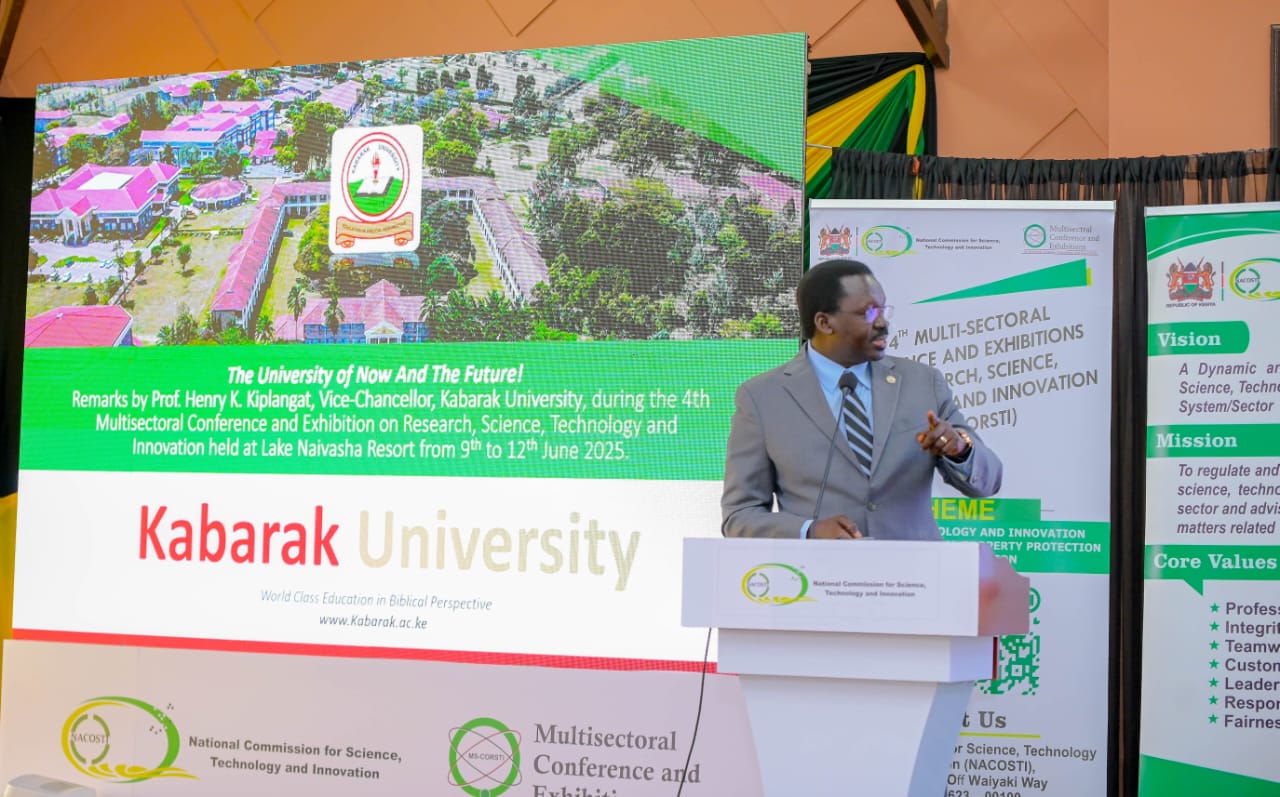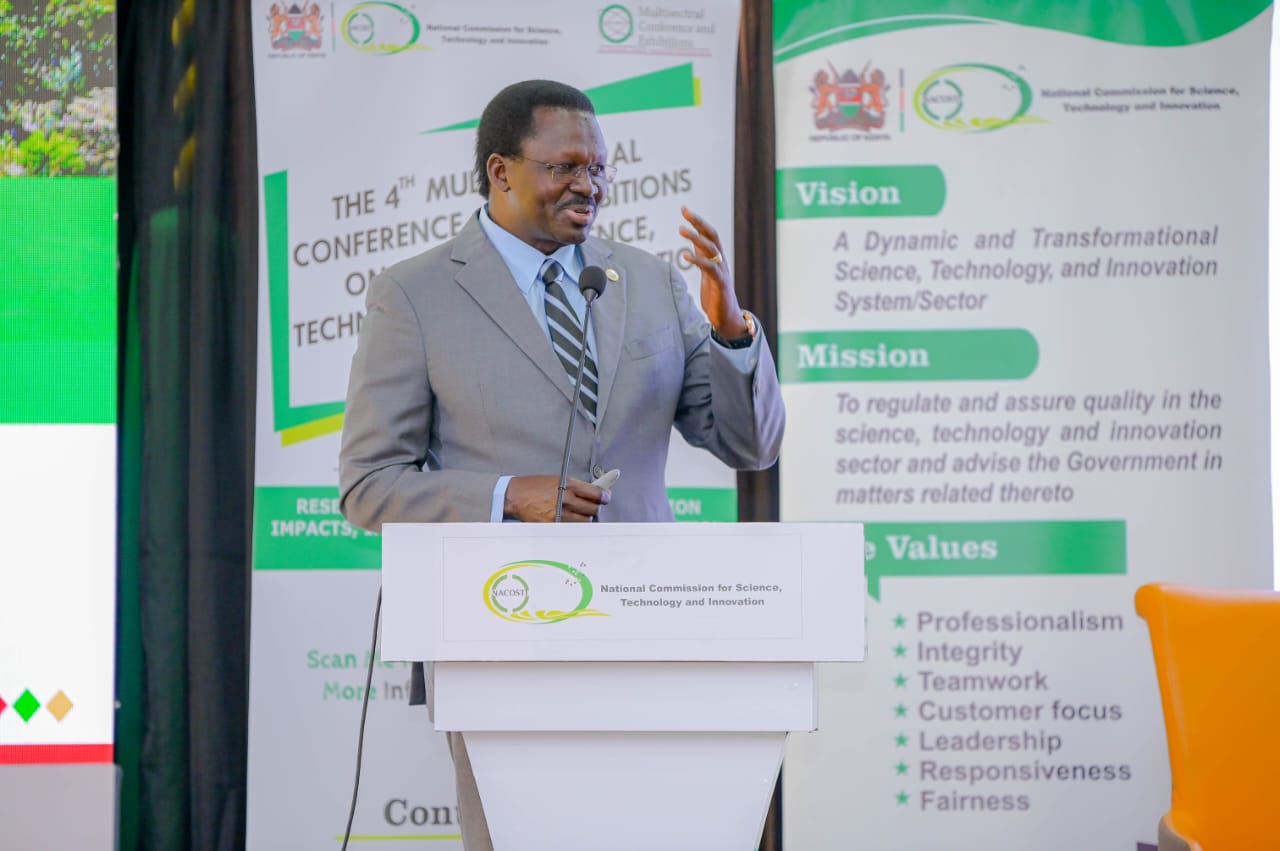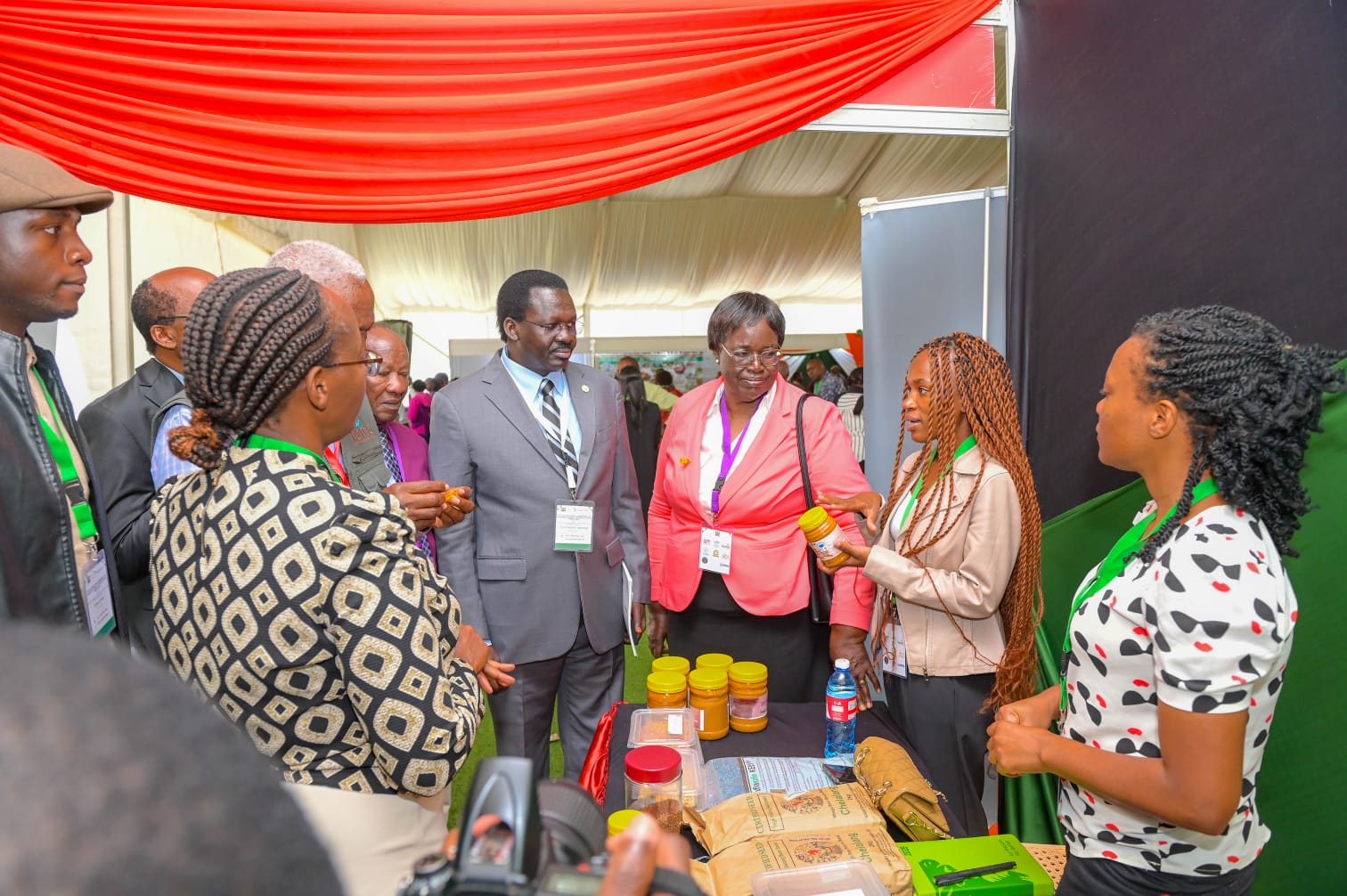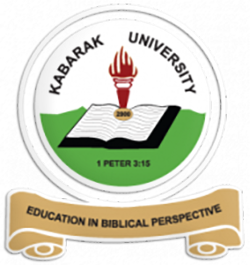The 4th Multisectoral Conference and Exhibition on Research, Science, Technology, and Innovation, held from June 9 to 12 at Lake Naivasha Resort and organized by NACOSTI, brought together key stakeholders in higher education, industry, and policymaking. Among the lead discussants was Prof. Henry Kiplangat, Vice-Chancellor of Kabarak University, the only representative from a private university in that role. His presentation focused on a critical issue, the need to transform STEM education in universities to better address real-world challenges.
Prof. Kiplangat s address, themed Revolutionizing STEM Education in Universities to Respond to Societal Issues, drew focus to the urgency of aligning academic training with practical problem-solving. He emphasized that while Science, Technology, Engineering, and Mathematics (STEM) are recognized as essential for national development, existing curricula and university-industry partnerships remain insufficient in fostering innovation and preparing students for real-world applications.

"STEM must be central to tackling pressing national challenges such as youth unemployment, climate change, and healthcare disparities," he stated. "We must move beyond theory and embrace practical, community-driven, and innovation-led learning."
His presentation outlined 13 key strategies for strengthening STEM education, including enhanced collaboration between academia and industry, student-led innovation projects, ethical leadership training within STEM programs, and the integration of data-driven learning approaches. He also called for improved infrastructure, incubation hubs, digital learning platforms, and policy frameworks to ensure STEM education aligns with Kenya s Vision 2030 and the UN Sustainable Development Goals (SDGs).
Prof. Kiplangat s perspectives contribute to larger conversations on the role of private universities in shaping Kenya s education and innovation landscape. His contributions to the conference highlight the necessity of stronger partnerships between universities and key sectors to drive impactful change in STEM education.





